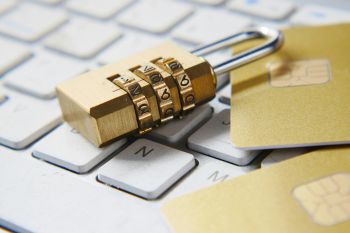Broadcast: News items
Cyber Security matters – #6 Using online resources safely
Posted on behalf of: Better Sussex
Last updated: Monday, 15 July 2024

As part of our Cyber Security awareness campaign, we’re covering a new topic each month to help boost your knowledge and keep you and the University safe and secure.
This month we focus on using online resources safely.
What do we mean by online resources?
When we talk about online resources in the context of Cyber Security, we are referring to digital systems and tools like websites, social media platforms, messaging apps, file sharing platforms and others which we access via the internet.
Why should I be careful using them?
Online resources are a central part of our daily lives, both at home and at work, and they’re incredibly useful. Many of them are provided by large reputable companies too – so it can be easy to switch off and assume you’re always safe when using them.
Unfortunately, cyber attackers see this as a golden opportunity. By creating realistic fake websites, file sharing sites or social media profiles for example, the attackers want to trick you into interacting with them, exposing your data, passwords and money, as well as potentially giving them access to your or your employer’s network.
A real life example
In 2023, shortly after the retailer Wilko went into administration, numerous fake copycat websites sprung up attempting to scam shoppers in search of an online bargain.
At least ten fake websites offering hugely discounted products appeared, including one offering a sofa for £25 and an adult's electric bike also for £25.
Wilko were no longer offering their products for sale online at the time and did their best to warn customers about the fake sites, but it is of course impossible to reach and warn every potential victim.
Source: BBC News
Ok, so what can I do to stay safe?
Here are five things you can do to keep yourself safe when using online resources:
- Double check and verify links before you click on them
- Use different passwords on your accounts
- Avoid opening attachments or downloading files from unknown sources
- Use secure public Wi-Fi, or use a VPN (virtual private network) to encrypt your online activity and protect your privacy.
- Make sure your device has antivirus/end point protection software installed
How to learn more
Each month to support these articles we’ll be releasing a matching bitesize training via Proofpoint, our online learning platform.
This month’s update will be in your inbox from Tuesday 16 July.

